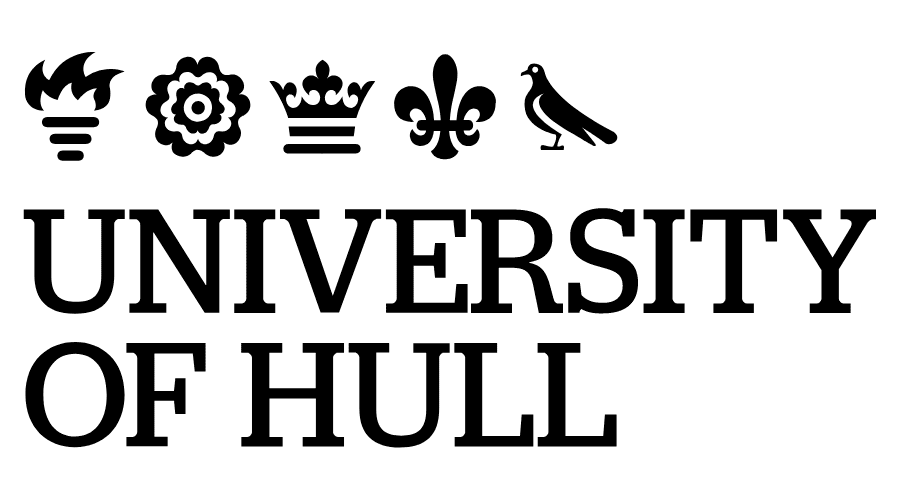
This course is built to help you rise to your role of a modern educator, while fostering a disposition for exploring and investigating national and global education practices, policies, and contexts.
You’ll discover how to evaluate and develop your professional offering, as well as how to embrace both challenges and opportunities by using the right evidence, theories, and frameworks.
You can expect to:
Share your details in order to receive information about this high quality online masters course.
Three start dates per year: January, May and September
Next course start date: 25 September 2023
Next welcome week: 18 September 2023
Duration: two years (part-time)
Format: online, with optional face-to-face events
Total fees: £8,950 (payment by instalment and funding options available)
Additional costs: due to the nature of the subject, and copyright restrictions placed on institutional libraries by some publishers, students will need to purchase some core texts.
Support with your application: Contact our course adviser team today for application advice.
It’s never been so important to be involved in education. Your current role, whether you’re a nursery nurse or a policy maker, a teacher or a museum education officer, is pivotal in shaping our future world.
We live in a time of rapid change, and education is at the heart of that process. We all face shared challenges posed by climate change, economic crises, and sustainability, to name a few. On top of these, the Coronavirus pandemic has forced everyone – in a relatively intensive amount of time – to completely re-examine teaching and learning as we know it.
However, in the face of such trials, it’s important to remember that as an educator you have the ability to influence and develop our society for the better.
This Masters course is designed to guide and empower you to rise to the demands of our time. It is informed by evidence of best practice, and built upon robust theoretical perspectives and the latest innovations in education.
As a student of this programme, you’ll be able to draw from your own experiences to supplement your studies, so that you can then transfer your learnings directly back into your career.
You’ll be encouraged to think creatively, and learn how to approach your practice from an international perspective that still supports your local context and its needs.
This introductory module will enable you to visualise and locate your work within the wider field of education. We’ll take you on a journey from the past through the present, and to possible futures of education, highlighting key themes and including the evolving significance of education across cultures and sectors.
You can also expect to critically and systematically evaluate the different opportunities and challenges presented in various global settings. Near the end of the module, you’ll use the knowledge gained to create an action plan that will support your efforts throughout the rest of the programme, ensuring that your learning is focused on your specific needs and context.
During this module, you’ll develop a detailed understanding of educational technologies and how to use digital tools pedagogically within the appropriate settings. You’ll also learn how to keep abreast of the latest innovations in this ever changing field.
Additionally, your coursework will help you hone your problem-solving skills and learn how to overcome resistance to change. You’ll delve into the ways you can actively and consistently engage colleagues to embrace useful technologies and related innovative teaching processes for the benefit of learners.
Through exploring evidence-based research, you’ll develop an in-depth knowledge of how education intersects with social justice, diversity, equality, and sustainability.
Your coursework will enable you to analyse and evaluate arguments about how inclusive practices might be developed in a range of educational settings, along with how the Sustainable Development Goals can be integrated into your own place of work.
With this module, you’ll gain a practical and ethical understanding of participatory research methods to support your progress into becoming an education-led researcher and a research-informed educator.
The concept of translational research will be central to your studies. You’ll develop your understanding of research integrity and enhance your ability to clearly communicate research and insights to different audiences.
The final stage before achieving your full Masters, this extended piece of work will allow you take the learning from all your modules and apply this to a current professional challenge. You’ll be able to work on this challenge over the duration of this final module.
You’ll be supported to engage independently in research in your area of choice, and effectively interweave both theory and evidence to showcase your disposition of inquiry and newly developed capabilities as an educational change maker.
Benefits of learning online with us

• No visas or moving costs
• Access course from anywhere in the world
• Spend approx. 20-25 hours studying each week
• All course materials are available on demand
• Revise on the days and times that suit you best
• Course modules broken down into weekly
segments
• Fit studies around work, family and social life
• Support with non-academic queries from a
student adviser team

Earning your MA in Education can help open exciting new routes for career progression, particularly into leadership or management positions, while also helping you innovate in your existing role.
You’ll be able to understand how people – including yourself – think, operate, and react when faced with challenges and opportunities.
Upon completing the programme, your forward-thinking, evidence-based approach to education will help you navigate these with confidence.
Plus, by developing a disposition of inquiry and a mindset geared towards lifelong learning, you’ll be able to continue upskilling and enhancing your practice as your field evolves.
You could even go on to seek opportunities in a variety of different places, such as:
If your coursework inspires you to pursue further study, your Masters will also equip you with qualifications and research skills needed to embark on a PhD programme.
Our course aims to enhance your career in education and foster your academic skills for further research ventures. Our graduates have taken leadership roles in nurseries, schools, and colleges, from assistant head teachers and head teachers to nursery managers. Other graduates have secured roles in higher education as university lecturers, teacher educators and academic support staff.

Benefits of learning online with us
If you’re unsure whether you’re eligible to apply, please get in touch with our course adviser team for advice.
Share your details in order to receive information about this high quality online masters course.

Fuel your ambition and achieve a big increase in your earning potential by studying one of our high quality flexible master programs developed by some of the top British Universities.
® London House Academy 2023 | Powered by diho.mx